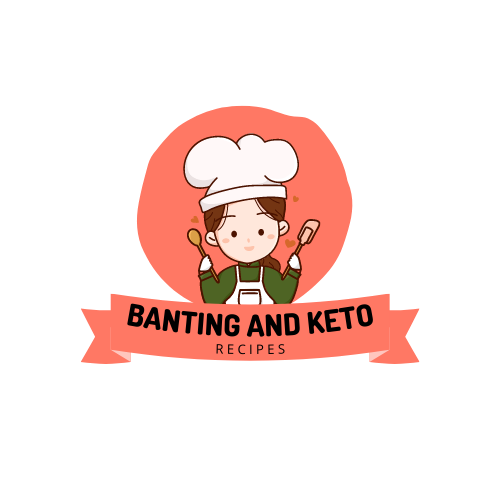The keto diet is a popular way to lose weight, and it’s also an excellent option for people with health conditions that affect carbohydrate metabolism (like diabetes). But for beginner keto dieters, there are some things you should know before getting started.
Ketosis and Glucose Levels
One of the biggest questions you may have about a keto diet is how it will impact your blood sugar levels. Luckily, most studies show that eating a lot of protein and fat doesn’t raise your blood sugar levels very much at all. If you have diabetes, it’s still important to talk to your doctor about any medication changes, as they can interfere with the effects of a ketogenic diet.
You’ll want to make sure you get enough protein on a keto diet, as it’s an essential amino acid that’s needed for the body to produce ketone bodies, which are the energy source your body turns to when you cut out carbohydrates and start burning fat instead. The best way to make sure you’re getting plenty of protein on a keto diet is to eat enough healthy, high-protein foods such as nuts, eggs, cheese, meat, fish and avocados.
It’s common to experience a loss of muscle mass on the keto diet, but this is normal and shouldn’t derail your progress. The reason is that your body will be working harder to get rid of excess glucose before it can turn to fat for fuel.
Cramps and Leg Pain
It is also very common to develop cramps while on a keto diet, and they can be quite painful. This is a result of the kidneys losing their ability to absorb potassium, as well as sodium, when insulin levels are low and the body isn’t breaking down carbs for energy. If you suffer from cramps, try drinking more water and consuming salt on your food to get your magnesium and potassium levels back up.
Bad Breath and Sweat
Many beginners on a keto diet report having bad breath and sweating due to the by-products of fat metabolism (acetone) seeping out of their pores. These are temporary issues, and you can easily get rid of them by adjusting your diet or taking a high-quality oral antacid supplement such as Prilosec, which will help block acetone production.
You should also consider drinking a good quality saltwater beverage (a salty, flavored water) throughout the day to keep your electrolytes levels balanced and to avoid dizziness or fatigue. You should also drink at least six to eight glasses of water a day to stay hydrated and prevent cravings.
Overeating and Moodiness
You will probably feel sluggish and tired when you first start the keto diet, but this is actually normal. Eating a high-fat diet can lead to feelings of hunger because your body needs more calories to maintain energy levels than it does on a higher-carb diet. This can make you prone to overeating and binging on unhealthy foods, but it’s easy to control with proper meal planning.
